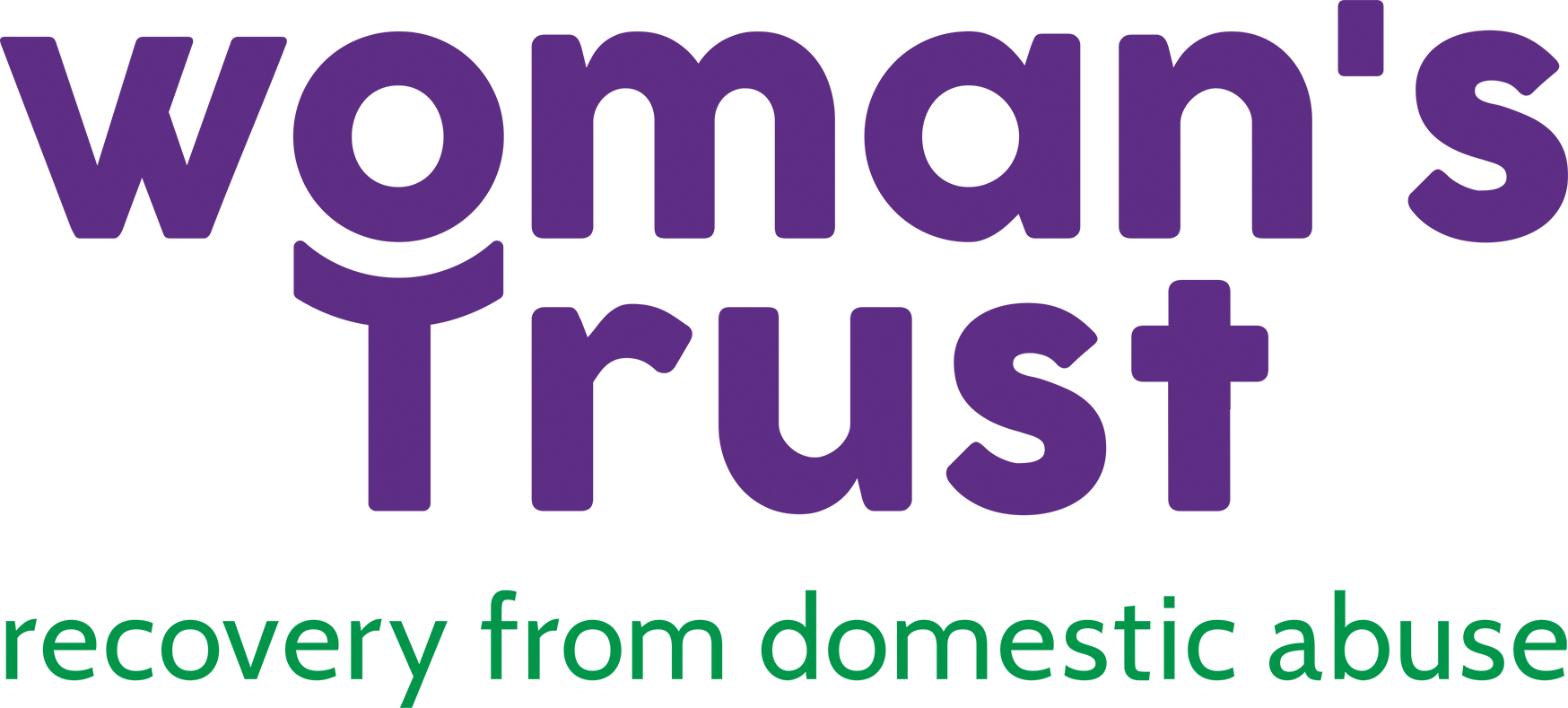Government’s 10 Year Plan for the NHS contains little positive news for domestic abuse survivors
At the outset, the government’s 10 Year Plan mentions that ‘people…who have experienced domestic violence…are more likely to experience worse NHS access, worse outcomes and to die younger.’
It follows that this would be reflected in the actions set out in the report and indeed we welcomed the warm words from the Health Secretary, where he assured MPs of his commitment “to make sure that the NHS plays its part in keeping women and girls safe, alive and well.”
However, despite this ‘intolerable injustice’ there is no other mention of the NHS’s responsibility towards the health and recovery of domestic abuse and domestic violence survivors.
Outside of the considerable and welcome support for young people, the main mental health interventions are:
- Immediate self-referral to Talking Therapies
- AI-led virtual therapists available 24/7 ‘for moderate need’ and for ‘people with more severe illness, remote monitoring will help support a proactive response in crisis.’
- Neighbourhood Health Services
- £120 million invested in the creation of new emergency mental health departments ‘for patients when they reach crisis point’ to receive same-day support
As mental health experts with significant experience of supporting tens of thousands of women in their recovery from domestic abuse through specialist counselling and therapy, the lack of a specific mental health response in the NHS plan for survivors is deeply disappointing.
Different forms of therapy serve their purpose as part of a wider mix. However, we know that for most survivors, especially those who have experienced decades of multi-faceted abuse and coercive control, the current offer of NHS Talking Therapies does not respond to their need for specialist, person-centred and trauma-informed counselling.
And though we are not averse, we are yet to be convinced that artificial intelligence will be proven effective as a tool for therapy, particularly in complex cases of domestic abuse.
Further, with the emphasis on emergency mental health departments, it feels as though the government is accepting potential failure and from a survivors’ perspective has focused purely on the suicide rates – not with providing adequate trauma-informed support for people before it gets to that point. And many questions on implementation and timescales remain.
Next steps
We hope that the mental health framework will provide an opportunity to work with the government to ensure that the significant mental health needs of domestic survivors are addressed as part of the framework – including trauma-informed training for professionals working across the NHS.
Similarly, the report mentions that ‘the government is committed to working beyond the health system to tackle the drivers of mental ill health, such as homelessness and unemployment.’ Again, although not explicitly mentioned, we hope that this whole system response across the Home Office, the Ministry of Justice and the Ministry of Housing, together with specialist third sector organisations extends to addressing vawg and support domestic abuse survivors with all their needs and we would welcome being a part of these discussions.
Finally, a reminder that we together with over 90 charities from across the country, recently wrote to ministers and the Health Secretary, setting out the case for investment in long-term and specialist mental health services for domestic abuse survivors – and why domestic abuse should be considered a mental health issue.
Women and girls deserve more and better. And they can’t wait.
Statistics on domestic abuse and mental health
- Domestic abuse is the single largest cause of depression in UK women
- Half of all women’s mental health requests are linked to domestic abuse
- For two years in a row the number of domestic abuse-related suicides have outnumbered domestic abuse-related homicides, according to the National Police Chiefs Council
- Report on the mental health impact of domestic abuse, Living without hope (Woman’s Trust, 2025)
